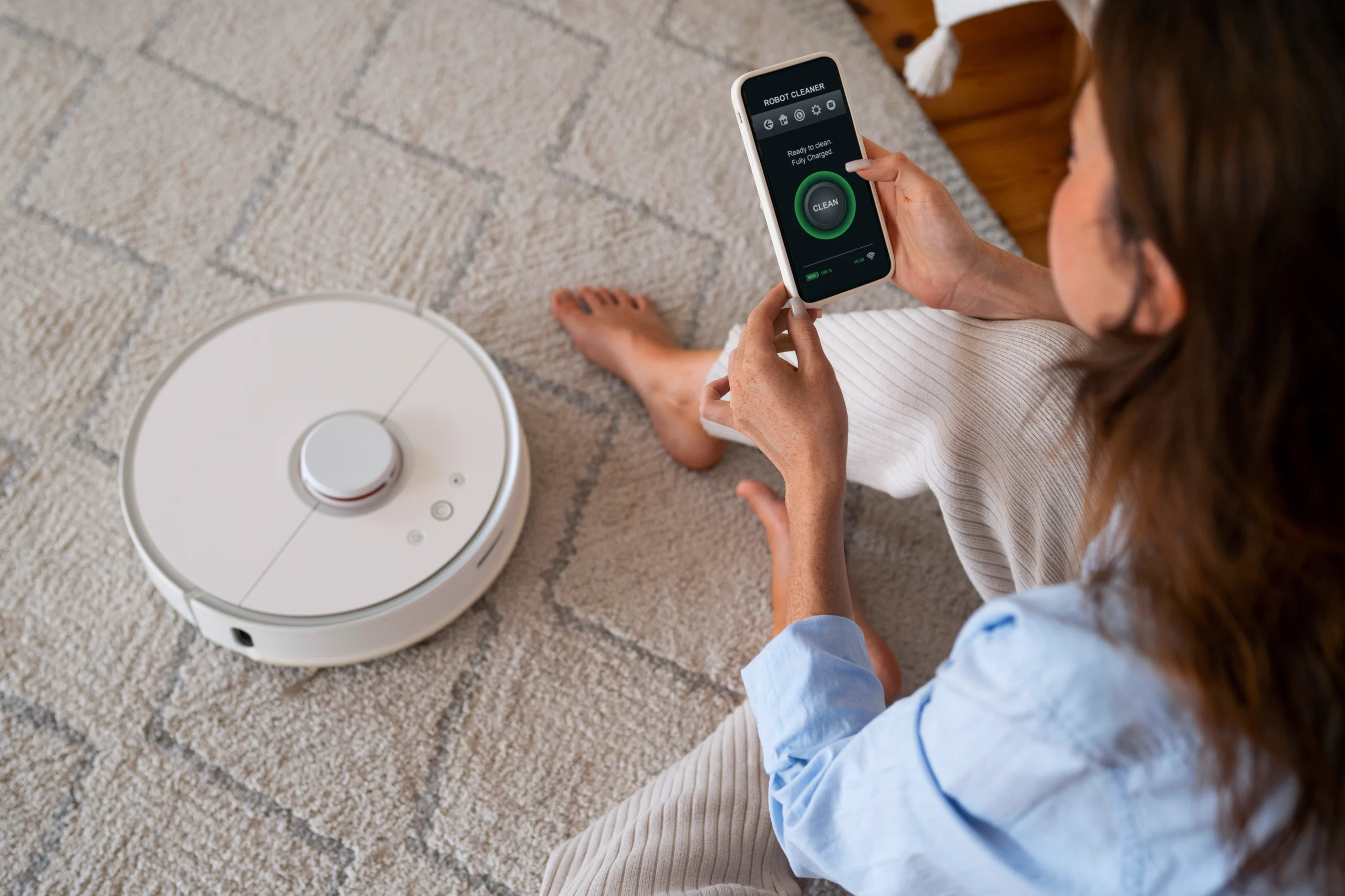The American home is undergoing a transformation. Driven by advancements in technology and the desire for convenience and efficiency, smart home technology is rapidly integrating itself into our daily lives. From voice-controlled lighting to automated thermostats, smart home devices promise to make our lives easier, safer, and even more enjoyable. But before diving headfirst into the world of smart home tech, it’s important to understand both the benefits and potential drawbacks.
What is Smart Home Technology?
A smart home is essentially a network of connected devices that can be controlled remotely or automatically. This network can include everything from lighting and thermostats to appliances, security systems, and even entertainment devices. These devices communicate with each other and with a central hub, often a smartphone app, allowing users to manage their home environment from anywhere.
Benefits of Smart Home Technology
Smart home technology offers a range of advantages for American households, including:
- Convenience: Imagine dimming the lights, adjusting the thermostat, or locking the door – all from your smartphone. Smart home tech streamlines these everyday tasks, saving time and effort.
- Security: Smart locks, doorbells with cameras, and motion sensors can deter intruders and provide peace of mind. Real-time alerts can keep you informed of any activity at home, even when you’re away.
- Energy Efficiency: Smart thermostats learn your routines and adjust heating and cooling automatically. Smart lighting systems can be programmed to turn off lights in unoccupied rooms, saving energy and lowering utility bills.
- Comfort: Imagine arriving home to a perfectly preheated house or setting the mood for a movie night with just a voice command. Smart home tech allows you to customize your home environment for ultimate comfort.
- Accessibility: Smart home features can be particularly beneficial for elderly or disabled individuals, allowing them to control their environment with greater ease and independence.
Drawbacks of Smart Home Technology
While smart home technology boasts numerous advantages, there are also some potential drawbacks to consider:
- Cost: The initial investment for smart home devices and hub systems can be significant. Additionally, some smart devices require professional installation, adding to the overall cost.
- Compatibility: Not all smart home devices are compatible with each other. This can lead to frustration and a cluttered system if you’re not careful about choosing devices that work together seamlessly.
- Security Concerns: Smart home devices are connected to the internet, making them vulnerable to hacking. It’s crucial to choose devices with strong security features and keep them updated with the latest software patches.
- Privacy Issues: Smart home devices collect data on your habits and routines. While this data can be used to personalize your experience, it also raises privacy concerns. It’s important to understand how your data is collected and used by smart home device manufacturers.
- Technical Reliance: Smart home systems rely on a functioning internet connection. If your internet goes down, you may not be able to control your smart devices.
| Pros | Cons |
|---|---|
| Convenience | Cost |
| Security | Compatibility |
| Energy Efficiency | Security Concerns |
| Comfort | Privacy Issues |
| Accessibility | Technical Reliance |
The Future of Smart Home Technology in the USA
The smart home market in the US is expected to continue its rapid growth in the coming years. As technology advances, we can expect to see even more sophisticated and affordable smart home devices hit the market. Additionally, the focus is likely to shift towards a more integrated and user-friendly experience, with devices seamlessly working together and responding to our needs and routines.
Ultimately, the decision of whether or not to adopt smart home technology is a personal one. By weighing the pros and cons, and considering your individual needs and budget, you can decide if a smart home is the right fit for you.

